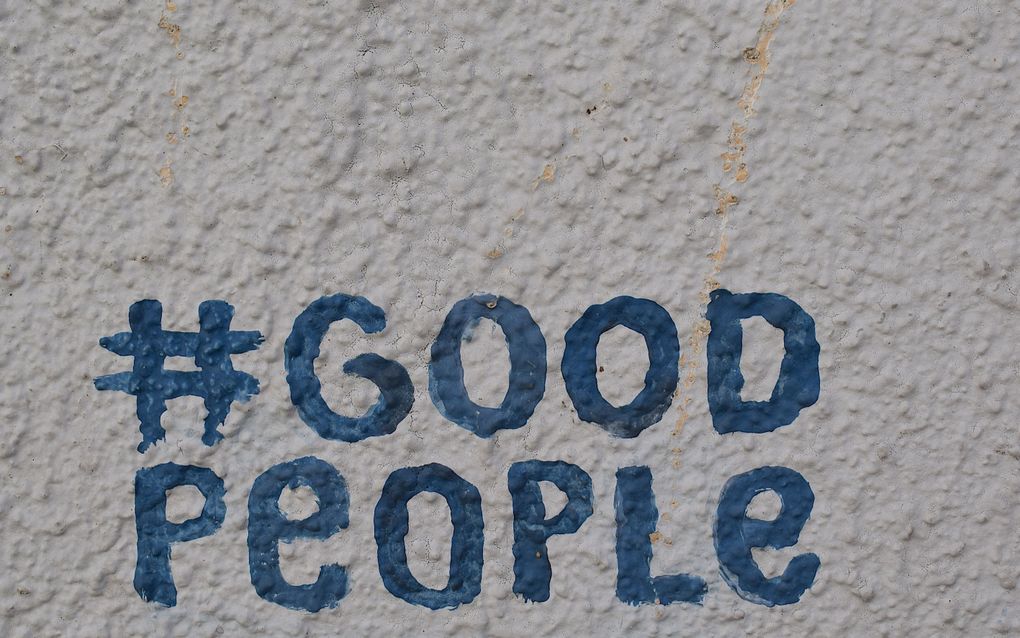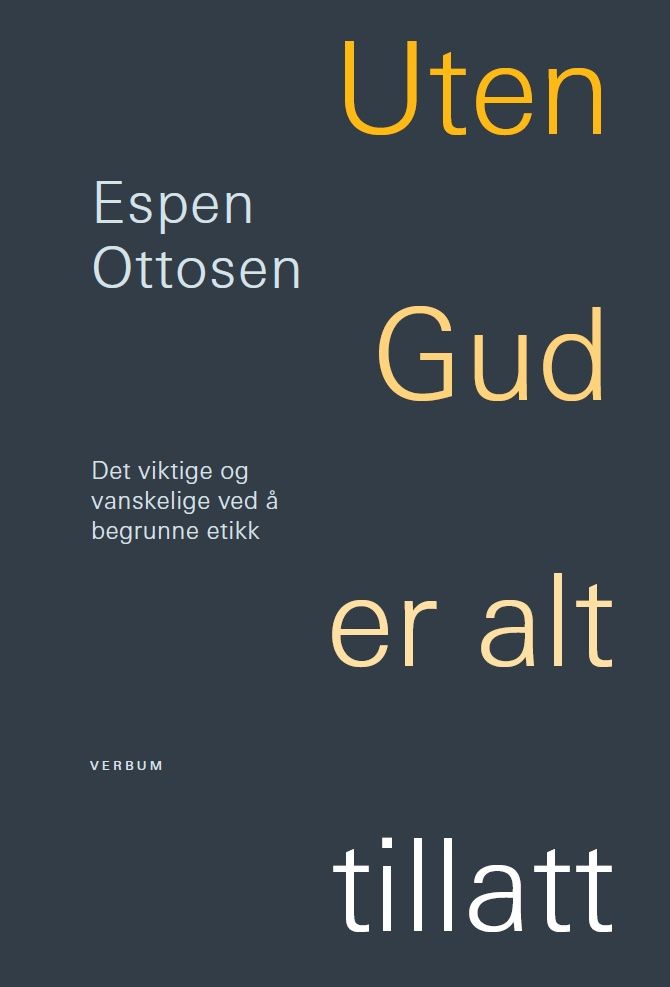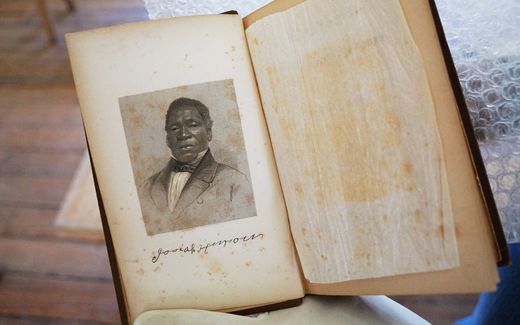Would right & wrong survive if God was not there? An answer from Norway

Are religious people better neighbours than others? Not always, says Espen Ottosen in his new book. Photo Unsplash, Marija Zavic
Christian Life
If God would die, what would happen with right and wrong? That is an old question, but there is still no definitive answer. But be careful: this does not say that Christians have more to say about morality, warns the Norwegian Lutheran debater Espen Ottosen in a new book.
Ottosen is a well-known figure in the Christian world in his country. He works as information manager for the Lutheran Mission Association NLM. But more important: he is always available to defend the classical Christian message in the field of (sexual) ethics.

For the title of his new book, he looked at the famous quote of Dostoevsky: If God doesn’t exist, everything is permitted. Ottosen made a shorter version: Without God, all is permitted (Uten Gud er alt tillat).
It seems logical for Ottosen. In the opening of a debate at the book’s presentation last week, he said with a slight provocation: “If you believe in good and evil, you have set one step towards God”, Ottosen said. “Why don’t you do the next step?” he asked, according to a report in the newspaper Dagen.
Genocide
Ottosen thinks that faith in God leads to an objective morality. With a yardstick that is not just rooted in our own feelings, thoughts or instincts. This yardstick of good and evil lays outside this world. “It is difficult to find something other than God to anchor morality. Either it must be anchored in myself or a majority decision.”
As human beings, we just have to discover the ethical rules, just as we find out the laws of nature. We don’t invent or develop morality; we just reveal it. From that viewpoint, God is the best foundation of any ethics.
“Not to believe that there is an objective morality is a self-dissolving position,” Ottosen said at the presentation. “If you have to admit that one moral argument is no better than another because it is just a matter of taste and pleasure, saying you don’t like coffee, is about the same as saying you think genocide is wrong.”
According to Ottosen, some Nazis said at the Nuremberg trials after the Second World War, that they were not guilty because “morality was something relative”.
Nihilism

As a consequence of this, many Christians think that non-believers cannot have an objective morality. Why would they, if the whole universe is just a combination of coincidence and material? “From an atheist point of view, there is really nothing wrong with raping someone,” Ottosen quotes an apologist in a summary of his book, published in Dagen too.
But Ottosen himself does not say that. Because he sees that many atheists work with objective morality. “Many people take it for granted that there is an objective morality.” Although they might not be able to explain this objective morality, they still follow it, without any personal faith in God. Ottosen thinks this is part of the Christian heritage in Western culture.
He sees it “very rarely” that secular actors argue nihilistically in the social debate. “Nobody denies that fraud is objectively wrong if it becomes known that a politician cheats on the travel bill.”
As a consequence, Ottosen thinks it is not helpful to argue that non-Christians are irrational if they believe in objective morality. But, on the other hand, it is possible to ask atheists whether it might be better to “give up on ideas that do not easily harmonise with pure atheism.”
Slavery
So far the debate from the Christian perspective. Interestingly enough, non-religious people see this matter from the opposite viewpoint. They say that non-believers have “better morals” than churchgoers. Because many feel that “Europe became more tolerant and generous when the church lost power. So for them it will be provocative to talk about belief in God as something positive or necessary for morality”, Ottosen says, according to Vart Land.
And although the world gets less religious, some topics are handled with more ethical sensitivity than ever, like slavery, the crusades and inequality. In a comment in Vart Land, the theologian Ragnar Misje Bergem, therefore, speaks even about a “new moralism, not relativism” in the modern age. He therefore refers to another variation of Dostoevskys quote: “Without God, nóthing is permitted.”
Precisely for this reason, it is always sensible to bring ethics into a debate about religion. A couple of years ago, Ottosen was accused of claiming that Christians are more moral than atheists. In this book, he emphasises that he does not mean that.
“I am not saying that non-believers are immoral. This is a book about the importance of justifying morality,” he says. And yes, Ottosen believes it is easier to believe in objective morality if you believe in God.






